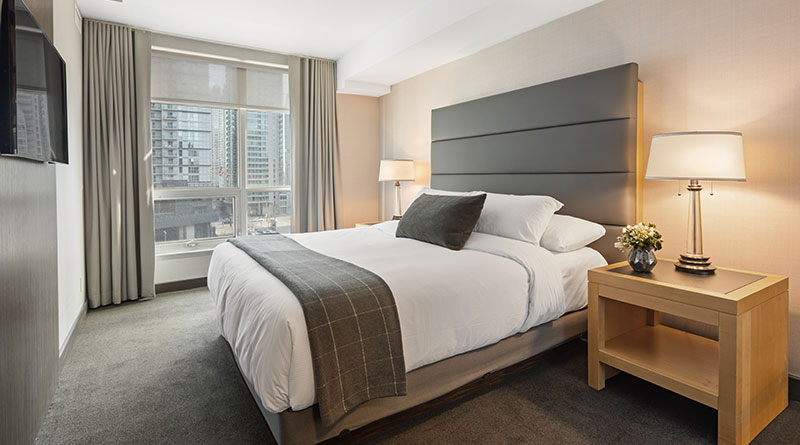Summertime Boost For UK Hotel Industry

The UK hotel industry enjoyed another strong month in July as better weather and summer holidays boosted occupancy and profitability, according to the RSM Hotels Tracker.
The data, which is compiled and produced by Hotstats and analysed by RSM UK, shows occupancy of UK hotels rose from 82.1% to 84.8% in July year-on-year, albeit behind pre-pandemic levels of 86.5%. London occupancy reached 89.3%, up on 84.6% last year and back to peak occupancy levels seen in July 2019.
Despite the increase in demand, average daily rates (ADR) of occupied rooms in the UK were flat in the UK and London, at £172.79 and £260.10 respectively. RevPAR of UK hotels rose from £138.61 to £146.60 in July year-on-year; while London saw an even more significant increase, from £221.51 to £232.20 in the same period.
Gross operating profits (GOP) of UK hotels were up from 42.2% to 43.3% in July year-on-year, and from 47.7% to 49% in London, which is similar to pre-pandemic levels.
Chris Tate, head of hotels and accommodation at RSM UK, said:
“It is encouraging to see occupancy levels and profits back to pre-pandemic levels. The warmer weather finally made an appearance in July as consumers set off on their holidays across the UK, meaning the strong summer streak continued for the hotel industry.
“While we didn’t see the usual uptick in room rates in July, this is likely to be due to stronger than normal growth in June, helped by Taylor Swift concerts in London and Scotland, skewing the normal annual spike.
“With the Eras Tour continuing in August and demand likely to tick up again, hoteliers are likely to end the summer on a high. This demonstrates the powerful knock-on effect that events such as this have on the leisure, hospitality and hotel industry; and with Oasis’ recent announcement of a highly sought after reunion, hoteliers are set to benefit next year too.”
Thomas Pugh, economist at RSM UK, added:
“Another strong month from the hotel sector is an additional sign that consumer spending is starting to pick up. A run of real wage increases, tax cuts by the previous government and now lower interest rates have all helped to boost households’ disposable income. What’s more, consumer confidence continues to improve, which seems to be helping to boost spending on hospitality services.
“A sharp drop in accommodation services inflation was the reason behind the significant slowdown in services inflation last month, but demand for hospitality services clearly remains strong and suggests that services inflation may rebound slightly in August. A rise in services inflation in August will provide the Bank of England with a good excuse not to cut interest rates again in September – we think the next opportunity for a rate cut will be in November.”
